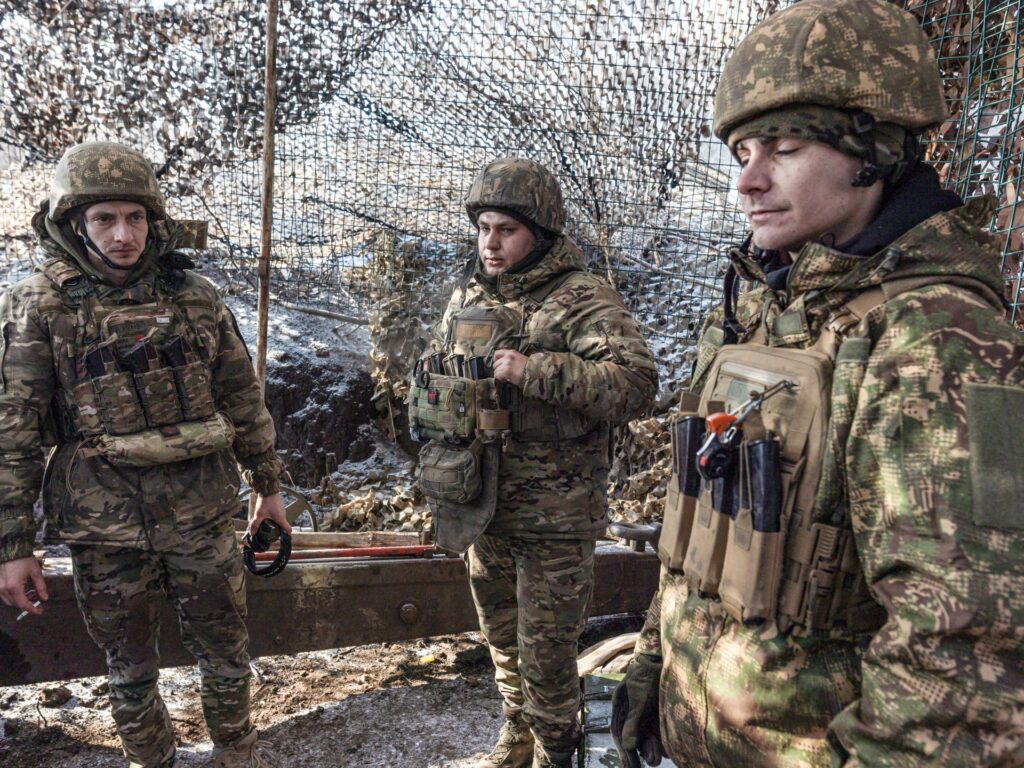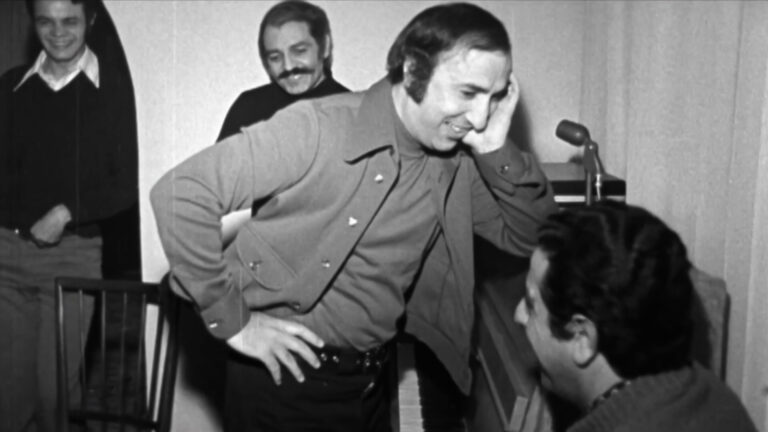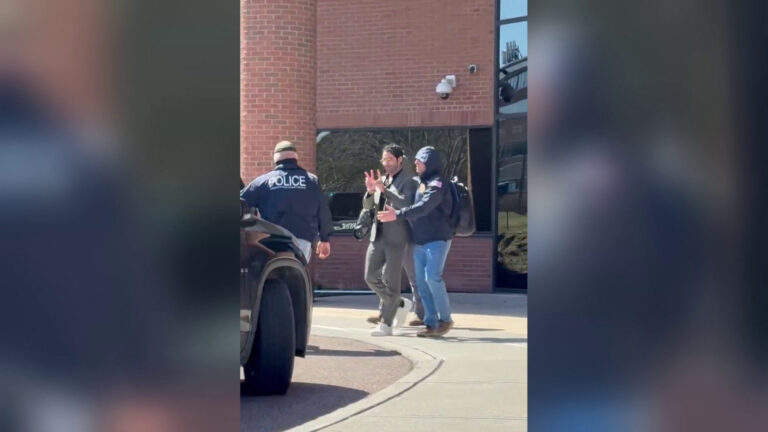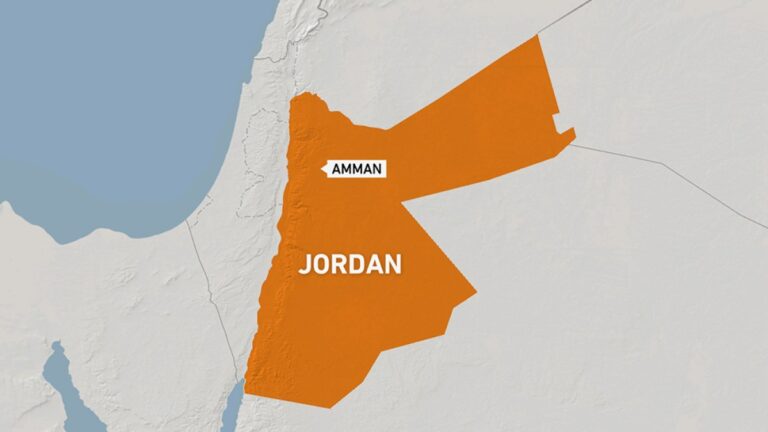

The US attempted to pass the same text in a UN General Assembly (UNGA) vote earlier in the day, but was rejected. The resolution the UNGA did pass also avoided naming Russia the aggressor in the war, but called for the restoration of Ukraine’s territorial integrity, in accordance with the UN Charter.
In 2023, Ukraine had embarked on an effort to pass a UNGA resolution condemning Russia as an aggressor. Monday’s resolution, passed by 93 out of 193 countries, showed how far Ukraine is from garnering the two-thirds majority it seeks.
“The system once based on rules, agreements, and shared values has been under a tsunami of geopolitical and geo-economic challenges … Now, its whole existence is under question,” wrote Victoria Vdovychenko, a programme leader at the University of Cambridge’s Centre for Geopolitics, in an article marking the war anniversary.
In a sign of Trump’s power, Europeans have tried to appease him despite the growing distance between them.
The day after the UN votes, French President Emmanuel Macron held a jovial press conference with Trump in the White House, where he offered cautious support for the minerals deal.
He also agreed that European countries “need to do more … to more fairly share the security burden that your country has been carrying for so many years”.
Pete Hegseth, Trump’s defence secretary, flatly stated on February 12 that “stark strategic realities prevent the United States of America from being primarily focused on the security of Europe,” and called on Europeans to spend 5 percent of gross domestic product (GDP) on defence.
British Prime Mininster Keir Starmer became the second EU leader to oblige Trump by announcing a hike in defence spending ahead of a trip to Washington on Thursday. Defence spending in the UK would go from 2 to 2.5 percent of GDP by 2027, and 3 percent by 2029, he said.
Few US security guarantees for Ukraine
Hegseth told Europeans they would have to provide the “overwhelming share” of aid to Ukraine.
That was underlined this week, as Trump said he would not undertake the lion’s share of security guarantees.
Trump told reporters he wasn’t going to oblige.
“I’m not going to make security guarantees beyond very much,” he said on Wednesday. “We’re going to have Europe do that.”
That appeared to dampen the hopes Zelenskyy expressed after Trump’s special envoy for Ukraine, General Keith Kellogg, visited him in Kyiv on February 20. Zelenskyy said they had had a “good conversation” with “a lot of details” on security guarantees, among other things.

On Sunday Zelenskyy even offered Trump his resignation after Trump called him a dictator.
“If it’s about peace in Ukraine and you really want me to leave my position, I am ready to do that,” he told reporters. “Secondly, I can exchange it for NATO [membership] if there is such an opportunity.”
Earlier in the day, Russia had unleashed its largest air attack of the war against Ukrainian cities, involving 267 Shahed kamikaze drones and three ballistic missiles. Ukraine shot down or used electronic jamming to disorient all but seven of the drones.



